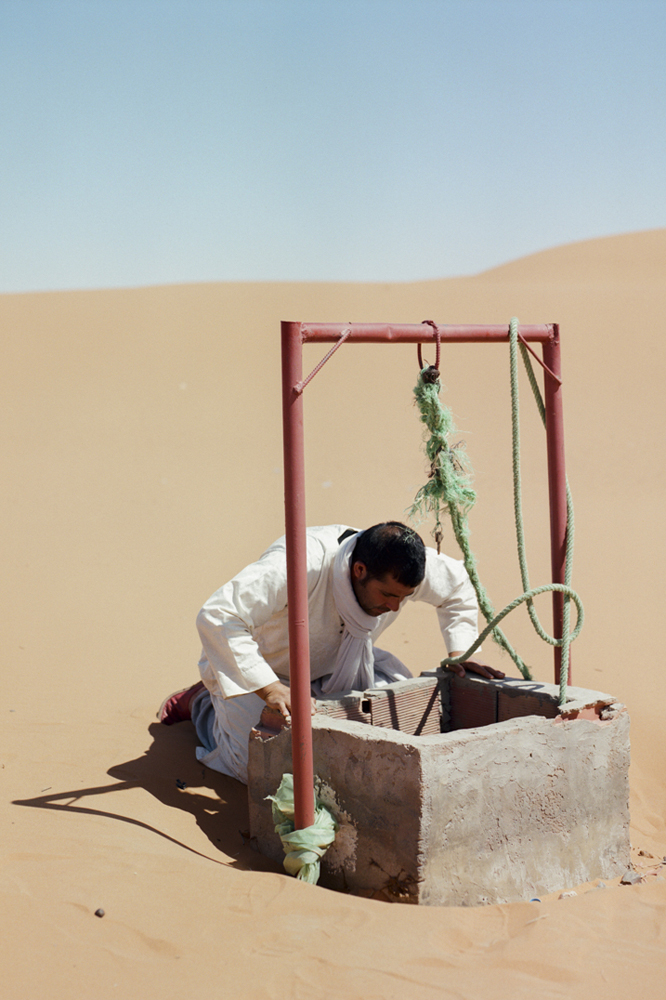Planting Trees Won’t Save The Planet – Here’s Why
By
2 years ago
Trees won't fix the climate crisis for us

Bill Gates recently came under fire for declaring that planting trees to save the planet is ‘complete nonsense’ – but he’s right, argues Olivia Emily. And here’s why.
Planting Trees Won’t Save The Planet – Here’s Why
‘Are we the science people or are we the idiots? Which one do we want to be?’ Bill Gates recently asked in response to a question about planting trees to solve climate change at the New York Times’ Climate Forward event. He called it a ‘less proven’ approach than other methods of carbon capture, and his comments triggered immediate backlash from environmentalists and billionaires alike, with Marc Benioff (CEO of Salesforce) vexed in particular.
‘Number one, we all have to go net zero,’ he told NYT interviewer David Gelles over the phone later on. ‘And number two, we have to plant a trillion trees.’ Right on the first point, but wrong on the latter.
Reforestation (restoring deforested areas) and aforestation (planting trees where they haven’t recently existed) are great ways to pull carbon from the atmosphere. Plants almost literally inhale carbon dioxide and exhale oxygen, storing carbon in their flesh. It’s nature’s carbon capture – which scientists are grappling to recreate with technology at scale – and it’s extremely valuable. Plus, it has the added benefit of creating natural habitats and nourishing biodiversity. But everything has a limit.
At present, companies pledging to plant trees to offset their carbon emissions have committed to more new trees by 2050 than there is space for on the planet, according to analysis by The Times. The Financial Times has similarly reported that an area larger than the US would be required to plant all of the trees that countries have pledged to the cause, elsewhere criticising Benioff’s ‘trillion trees’ myth. This movement proclaims we should plant one trillion trees because we have killed one trillion trees, without recognising the fundamental lack of space we have for that many saplings without seriously damaging food supplies and displacing communities.
With tonnes of fossil fuels pumped into the atmosphere everyday via agriculture, transportation, powering our homes and more, planting trees to capture carbon is a feel-good fix that won’t go even halfway to fixing the dire situation we find ourselves in. The planet is burning, with record high temperatures, record low levels of sea ice and new disastrous weather events hitting the headlines almost weekly. It’s important to distinguish between restoring and protecting: the former hopes to alleviate the damage that has been done, while the latter prevents the damage from occurring in the first place. At present, we are damaging the planet at a much faster rate than we are restoring it – and we have been for over a century now.
Committing to a trillion trees also presumes a reliability that saplings simply cannot guarantee: because they are not growing naturally, they need to be continuously nurtured to ensure they don’t simply wither away. Plus, trees take decades to start absorbing significant amounts of carbon from the atmosphere, while they might be felled or killed by drought or wildfire in the meantime. As the Financial Times points out, ‘24 of the 1t.org companies claim to have already planted nearly 300 million trees, some as far back as 2004, but only two projects disclose in their pledge documents how many survived.’
Planting trees won’t save the planet – if that’s all you plan on doing. If you’re wondering WWBGD (what would Bill Gates do) – ie how should we be saving the planet if not planting trees – the Microsoft founder said he does the following:
- Paying for direct air capture
- Funding heat pumps
- Installing solar panels
But the crucial thing we really need to do is reduce our emissions. ‘Climate change is a massive threat to society and must be addressed with emissions cuts. Biodiversity loss is an equally big threat to humanity,’ says Thomas Crowther, ecologist at ETH Zürich, a public research university. ‘It’s not like we can do one and then we’ll fix the other.’






